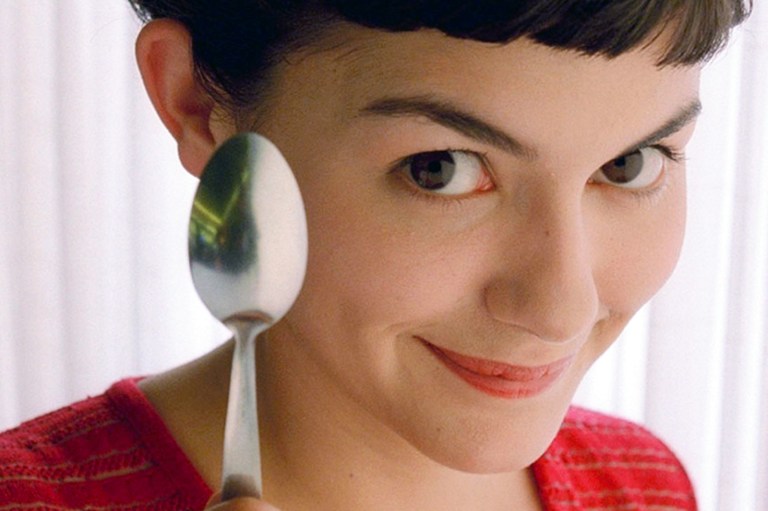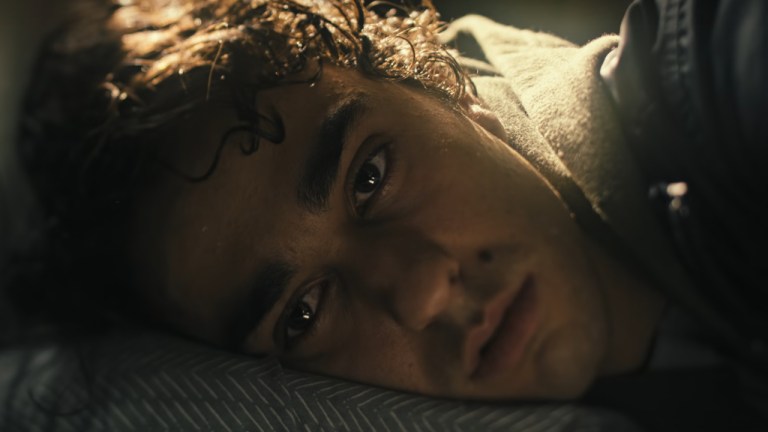
When Depression And Anxiety Are An Ugly Unwelcome Duo
Anxiety unlike depression isn’t a feeling of hopelessness but rather helplessness.

“For many people, the more depressed they feel, the more anxious they get; the more anxious they get, the more depressed they feel; and it becomes a vicious cycle,” (Calm Clinic, Anxiety vs. Depression).
When anxiety makes up for 19.2 million people suffering in America and depression is 18.8 million(Seltzer, Psychology Today), these numbers tell you how close they are and how relevant both might be in someone’s life.
Let’s start with you don’t need to have one to have the other. But in a lot of cases, people who suffer from anxiety too suffer from depression.
“85% of depressed patients are also afflicted with generalized anxiety disorder (GAD),”(Seltzer, Psychology Today).
But first, before we can understand the link between the two and why it impacts so many people together, we must first understand the differences.
Understanding depression.
More than being overcome with sadness, depression is a feeling of hopelessness and a loss of purpose in one’s life. It’s a shift in your brain where everything is negative and you fail to see the light. It’s a dark cloud that is in your life and it isn’t just a bad day. It’s s series of bad days that continue to beat you down.
It’s people asking what’s wrong and you don’t really have the answer, you just live with this uneasy feeling that things are supposed to be better but that aren’t. It’s the guilt you feel and the front you put up because even when you know it isn’t your fault you feel like it is.
It’s living behind this mask. Depression is the person who silently fights this battle no one really understands. It’s the nights going to bed crying alone and they won’t ask for help because the solution is to feel through it entirely. It’s the pull of wanting to be around people but at the same time pushing people away.
Understanding anxiety.
Anxiety unlike depression isn’t a feeling of hopelessness but rather helplessness. It’s being overcome with a fear or a thought that doesn’t go away. It’s this thing whatever it is consuming you to a point where you are paralyzed completely. It’s over-thinking, overanalyzing and what ifs creeping up on you and haunting you in a way. It’s the worst case scenario coming to life and it almost brings you to tears. It’s in every health scare you think the worst.
It’s in every relationship you think will end. It’s an insecurity of wanting people to just like you. It’s the inability to control it even if you wanted to. It’s the tension within you, you physically feel. The racing heartbeat. It’s your palms sweating all the while you seem calm and at ease on the surface.
Understanding the similarities between the two are vital to understanding their relationship and how one may lead to another.
Some of the similarities between them are a lack of sleep or staying awake and being completely exhausted throughout the day. Both disorders are built on the common foundation of not feeling good enough. More than anything they both have a lot to do with self-image and a lack of self-confidence.
Both disorders are the want and need to control something one may feel they can’t which leads to an insecurity within oneself and a negative mindset. It’s a cycle of one disorder constantly bouncing off and triggering the other.
For example.
Anxiety → Avoidance → Isolation → Loneliness → Feeling Abandoned & Alienated → Depression
And vice versa.
Through understanding the relationship between these two disorders and how one may impact another negatively, this may help us to change that into something positive. This may help us so that one may impact the other positively.
For example, anxiety doesn’t always have to be negative. Sometimes anxiety and the fear of failure triggers such success that it diminishes the depression and that feeling of hopelessness and not having a purpose. Sometimes increased anxiety will decrease depression.
“Anxiety is considered healthy when it motivates us to take action in the name of an accomplishment,” (Helgoe, 2005, p. 22).
Personally, I find the most common link in my own life between anxiety and depression is a lack of sleep or finally falling asleep and struggling to wake up. Anxiety leads to wanting to prolong starting the day and not accomplishing something simple in the morning. I like running in the morning. But If I succumb to staying in bed and skip that run, I become depressed then I feel like I’ve failed just starting off my day not accomplishing my first goal. To avoid that all together, I try and get up even on my worst days because I know how anxiety may lead to depression and depression will make me more anxious.
I think so much of overcoming anxiety and depression going back to your self-confidence and self-worth and like any relationship in your life sometimes you gotta work at it. And if you can accept that a lack of confidence and self-worth are factors influencing these disorders and sometimes triggering them, the solution is something within your control as you improve the relationship with yourself.
Self-confidence will lead to being less anxious about things and it will lead to not caring as much about how someone else’s actions impact you.
Attaching goals to things and pursuing it will help you to decrease depression within you.
It’s about identifying why you feel the way you do and making the steps towards fixing it.
Cognitive therapy which is talking to someone or using medication is always a solution that helps some people.
For me personally, I’ve tried both and choose not to go in that direction. Instead, I’ve gained an understanding of myself and know how to bounce back from bad moments.
If you can do that and overcome yourself on your worst day, there isn’t anything you can’t do.
References
“Anxiety vs. Depression: What Is the Relationship?” Anxiety vs. Depression: What Is the Relationship? Calm Clinic, n.d. Web. 15 Feb. 2017.
Helgoe, Laurie A., Laura R. Wilhelm, and Martin J. Kommor. The Anxiety Answer Book. Naperville, IL: Source, 2006. Print.
Seltzer, Leon F., Ph.D. “Anxiety and Depression–First Cousins, At Least (Part 4 of 5).” Psychology Today. Evolution of the Self, 26 May 2010. Web. 15 Feb. 2017.











